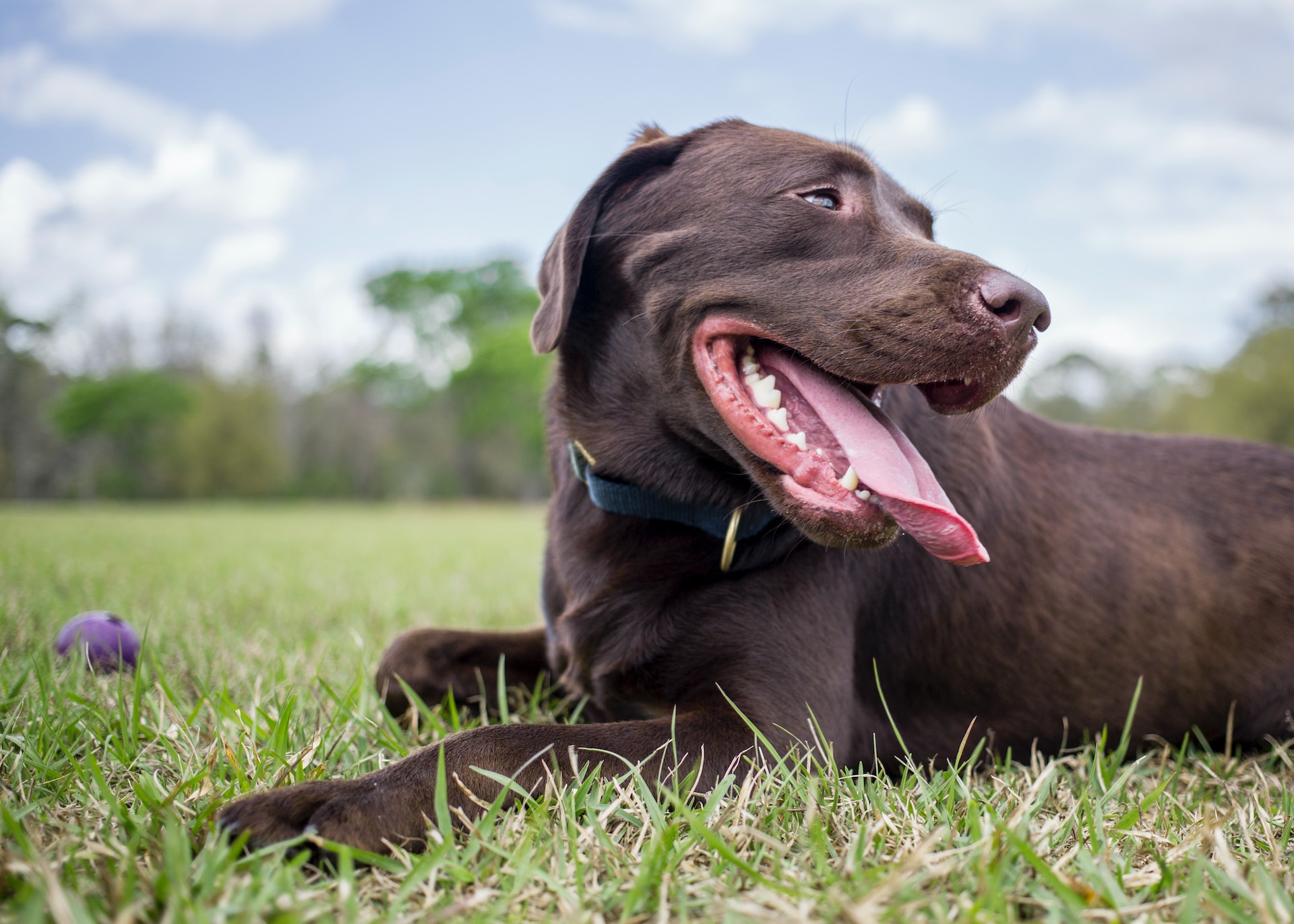If you’re struggling with a Labrador who won’t stop digging holes in your yard, don’t worry, you’re not alone. Many dog owners face this frustrating behavior. But fear not! With a few simple strategies and some patience, you can help your furry friend kick the digging habit.
Firstly, it’s essential to understand why Labradors dig in the first place. Some common reasons include boredom, excess energy, seeking attention, or even trying to escape their enclosure. To address these underlying causes, provide your Labrador with plenty of physical and mental stimulation through daily exercise and interactive playtime. Engaging activities like puzzle toys or obedience training can help redirect their energy in a more constructive way.
Next, create designated digging areas where it’s acceptable for your Labrador to indulge in their natural instinct. Set up a sandbox or specific spot in your yard filled with loose soil or sand. Encourage them to dig in these areas by burying toys or treats and rewarding them when they use the appropriate location.
How do I Get my Dog to Stop Digging Holes
Digging behavior in dogs can be both frustrating and perplexing for pet owners. If you find yourself wondering, “How do I get my dog to stop digging holes?” it’s important to first understand the reasons behind this behavior. In this section, we’ll explore some common causes of digging behavior, environmental factors that influence it, and gain an understanding of your dog’s natural instincts.
Common Causes of Digging Behavior
Dogs may engage in digging for various reasons. Here are a few common causes:
- Boredom or Excess Energy: Dogs that don’t receive enough mental stimulation or physical exercise may resort to digging as a way to release pent-up energy or alleviate boredom.
- Hunting Instincts: Certain breeds, such as Labradors, have strong hunting instincts ingrained in their genetic makeup. This instinct can drive them to dig in search of prey or interesting scents.
- Escape Route: Some dogs dig with the intention of escaping from enclosed spaces like yards or gardens due to fear, anxiety, or simply wanting to explore beyond their boundaries.
- Cooling Down: Dogs may dig holes as a way to find cooler ground during hot weather. It helps them regulate their body temperature and seek relief from the heat.
Understanding Your Dog’s Natural Instincts
To effectively address your dog’s digging behavior, it’s essential to consider their natural instincts:
- Territorial Marking: Dogs often dig to mark their territory with scent cues from their paws. This is especially common in male dogs who use digging as a means of communication.
- Seeking Comfort or Denning: Some dogs dig holes as a way of creating a cozy den-like environment where they feel secure and protected.
- Hunting and Buried Treasures: Certain breeds, like Labradors, have an innate desire to hunt and bury objects. Digging serves as an instinctual activity related to these behaviors.
By understanding the reasons behind your dog’s digging behavior, you can begin addressing it more effectively. In the following sections, we’ll explore practical strategies and training techniques that can help redirect this behavior into more desirable outlets.

Creating a Designated Digging Area for my Labrador
When it comes to dealing with a dog who loves to dig, creating a designated digging area can be a helpful solution. Not only does it allow your Labrador to engage in their natural behavior, but it also helps protect your yard from unsightly holes. Here are a few steps you can take to establish a designated digging space for your furry friend:
- Choose the perfect spot: Find an area in your yard where you’re comfortable with your Labrador digging. It could be a corner of the yard or a specific section that is easy to access and won’t interfere with any plants or structures.
- Prepare the area: Once you’ve selected the spot, clear out any debris or objects that may obstruct your Labrador’s digging efforts. Remove rocks, sticks, and other potential hazards from the area.
- Provide appropriate materials: Fill the designated digging area with loose soil or sand that mimics the texture and consistency of what your dog enjoys digging in. This will make it more appealing for them and encourage them to dig in their designated spot rather than elsewhere in the yard.
- Encourage positive reinforcement: Whenever you catch your Labrador using their designated digging area, praise them and offer treats as rewards. Positive reinforcement will help reinforce good behavior and encourage them to continue using their special spot.
Remember, creating a designated digging area doesn’t mean completely eliminating all other areas from access; rather, it provides an alternative space for them to indulge in their natural instincts while preserving the rest of your yard.
By following these steps and being patient with training, you can help redirect your Labrador’s digging habits and create a harmonious balance between their natural instincts and your desire for an intact yard.